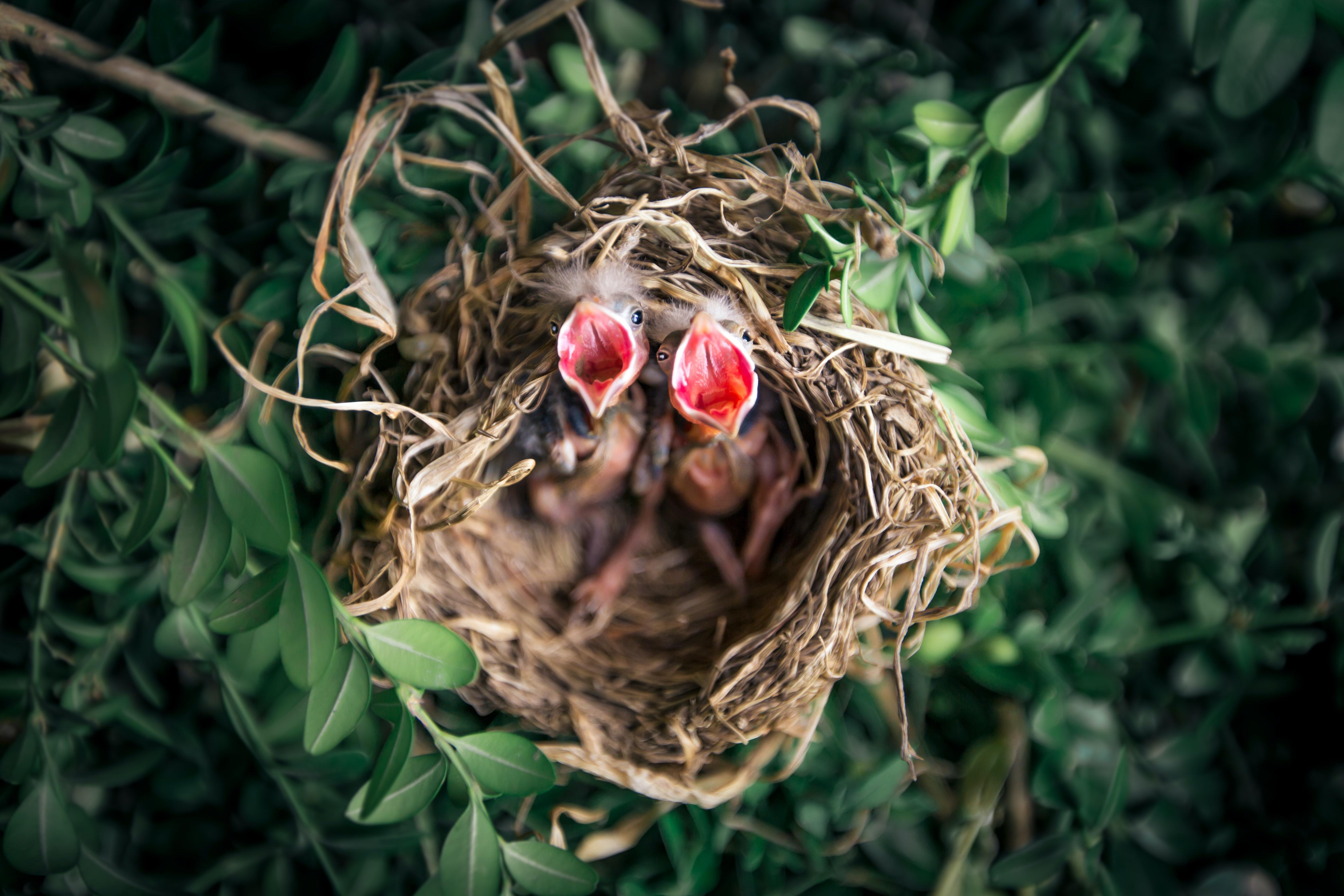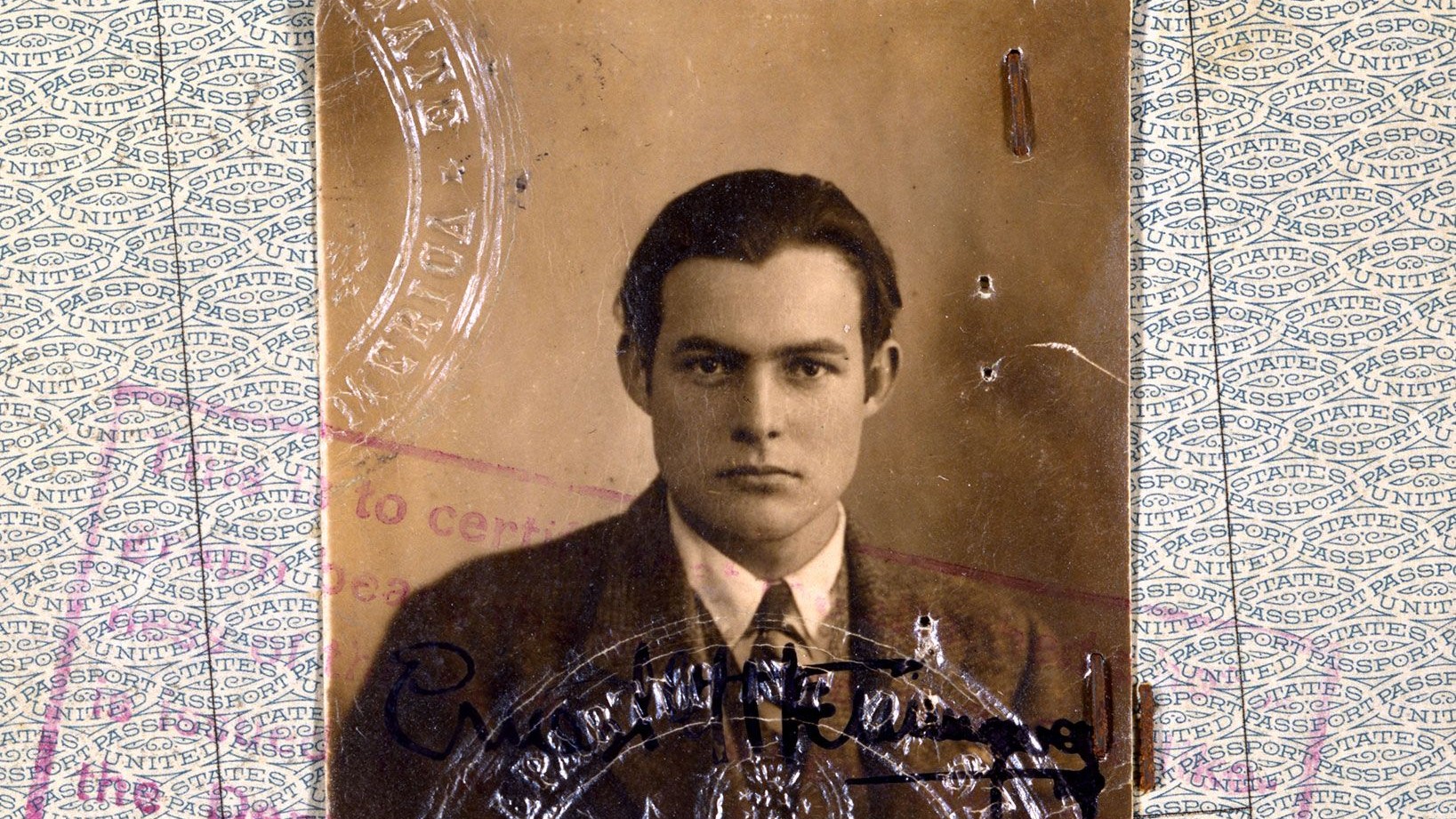Why do we hesitate to say “I love you” to our friends?

- There are many different kinds of love and we often use different words to describe it. Still, love cannot easily be defined.
- Friendships are often relegated as being inferior to other types of love, like romantic love or familial love.
- Yet friendships are an integral part of who we are. Perhaps it’s time to bring “friendship love” back.
In 1563, the poet and philosopher Étienne de La Boétie died of the plague. His friend Michel de Montaigne wrote this years later:
If a man should importune me to give a reason why I loved him, I find it could no otherwise be expressed, than by making answer: because it was he, because it was I. There is, beyond all that I am able to say, I know not what inexplicable and fated power that brought on this union…. at our first meeting, which was accidentally at a great city entertainment, we found ourselves so mutually taken with one another, so acquainted, and so endeared betwixt ourselves, that from thenceforward nothing was so near to us as one another.
As far as we know, Montaigne was not gay. He simply loved his friend and felt the need to tell the world how he felt. Montaigne’s essay, On Friendship, is still one of the most heart-wrenchingly honest accounts of what it means to have a great friend. Yet, why is it that we are so reluctant to use this kind of language today? Yes, we might say, “Love you, bye!” at the end of a phone call, but it’s hardly the thing of sonnets or effusive letters.
The love of friends has a long philosophical pedigree. Perhaps it’s time to bring it back.
All sorts of love
The ancient Greeks had a lot of words for love, and a lot of words have been written about what each meant. Eros tends to be translated as “attraction” — the root form of “erotic.” Agape is usually called “sacrificial love” and is what Jesus most often used in the Greek New Testament. Philia is often translated as “affection” or “the love of friends.” And so, it’s easy to imagine life can be thus divided. I love my wife (eros), I love my neighbor (agape), and I love my best mate (philia). It’s love in boxes.
The problem, though, is that love is such a thick concept — such a complex and intensely powerful feeling — that you cannot so easily pigeonhole it. While having many words for “love” might seem to help us better unpack the idea, it also risks creating a false dichotomy. Love is rarely one thing or another. A wife might lustfully crave her husband at one point in the day, tidy away his clothes during another, and then laugh and joke at dinner. All are “forms” of love, yet it seems artificial and contrived to disentangle each. The love you have for your spouse will often resist easy definitions, no matter how many definitions you have.
I love you, man
The same is true for friendships. As the Russian theologian and philosopher Paul Florensky argued, “None of these words express the love of friendship that we are considering…a love that combines the aspects of philia, eros, and agape, a love the ancients attempted to express in some degree by the compound word philophrosyne.”
Picture the closest friend you have ever had, now or in the past. Imagine being in a room with other people, swapping small talk and yawning behind pleasantries, when in walks that friend. At that moment, there is a certain attraction to them. There is a need or visceral pull to be near your friend — an attraction that bears striking similarity to eros. Or, consider how often you will help your friend or bend over backward for them when they’re in crisis: a sacrifice just like agape. And yes, it feels good to be around your friend. They make you laugh and make you feel better. Your free time is made busy with that friend, which is philia.
The love we have for a friend is just as rich and deep as any romantic love or even familial. It’s just as important to who we are and to our wellbeing. Yet, we are rarely given the vocabulary or space to express this love in the same way as others.
Lean on me
Society is built up around the idea that we will fall in love (eros) and settle down to have children (familial love of this kind is called storge). Many religions are built on some kind of version of agape — in things like the golden rule and other-regarding compassion. Yet only rarely do you hear the word “love” used meaningfully and honestly about friendships. Imagine that close friend from earlier. Now picture a moment of looking them in the eye and saying, earnestly, “I love you.” It’s as cringeworthy as it is socially unacceptable. But why?
We have decades of evidence that proves having good friendships helps combat depression and anxiety. It gives meaning to your life and makes you age better. It makes you happier. Yet, along the way, we’ve lost the ability to articulate this need to one another. And when we can’t articulate such a powerful human emotion, then we suffer because of it. It risks undervaluing the importance of friendship. When “love” is only used when talking about families or romantic partners, it relegates “friendship love” to second place. It implies you cannot love a friend with the same depth or intensity. But you can. You can love a friend. In fact, it’s important that we do.





